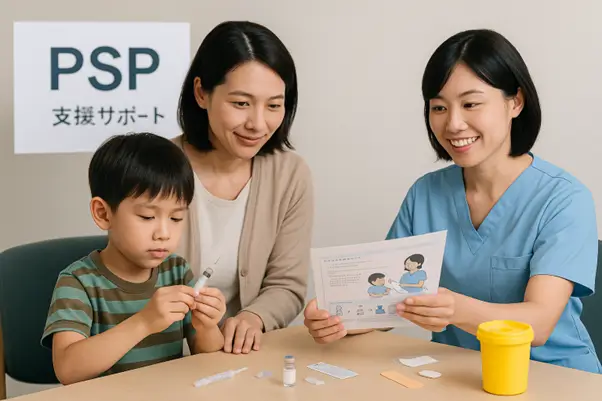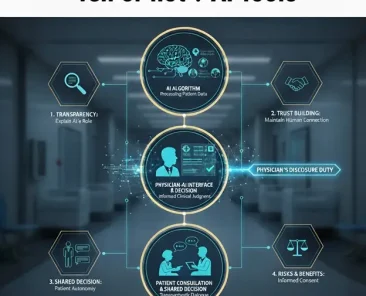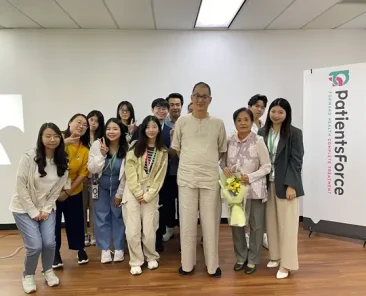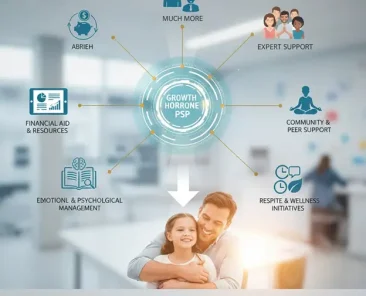With a new drug for a rare disease being covered by health insurance this year, PatientsForce undertook the drug’s Patient Support Program (PSP) to analyze patient needs from the patient’s treatment journey. Collaborate with healthcare providers to address patient care needs.
The new drug is aimed at children with rare diseases with congenital developmental problems, and the treatment process requires caregivers to dispense the medication daily and inject the children themselves. In addition to the medicine itself, it is also necessary to be skilled in preparing related supplies, including the use of solvent syringes, solvent needles, syringes, alcohol pads, OK jumps, needle recycling bins and many other supplies. Although the pharmaceutical company provides a complete and careful medication teaching video, the video is nearly 15 minutes long, and if it is not practiced, it will not be possible to actually act the drug. At this time, Teacher Wei’s intervention service became a key support for treatment initiation and follow-up companionship.
PatientsForce arranges professional health teachers to provide one-on-one individual teaching in the clinic, from actually making needle sets, explaining drug storage, dispensing key points and injection sites, to assisting family members to understand and rehearse possible injection situations in advance, how to deal with them at the moment, etc.
On the day of the first patient’s service, I had the opportunity to walk into the ward with Teacher Wei and witness the process of the first patient administering the first dose of health insurance drug in Taiwan. The mother listened attentively to the explanation of the health teacher and practiced the needles on the spot, the father recorded the health education process so that he could review it after returning home, and the sick child, with the encouragement of the health teacher, also watched the video repeatedly and discussed the vaccination situation with his mother, bravely faced his illness and accepted treatment optimistically. The project team looked at the family working together and deeply realized that PSP is not only an extension of medical services, but also a place of family support and hope.
In order to help patients continue treatment for a long time, the project plans to combine the digital tool “MediPASS” in the second phase to provide daily medication push reminders to help family members maintain stable compliance with medical orders. At the same time, teachers will continue to play a role of companionship and support, encouraging children and their families to continue to take medication through regular care and psychological support, so as to enhance their ability to live with the disease and improve the quality of life of their families.
This experience not only demonstrates the indispensable role of health teachers in the treatment journey, but also reiterates the core value of patient support programmes, which are truly “patient-centered” and create a safe, accessible, and warm care experience for patients and families.




